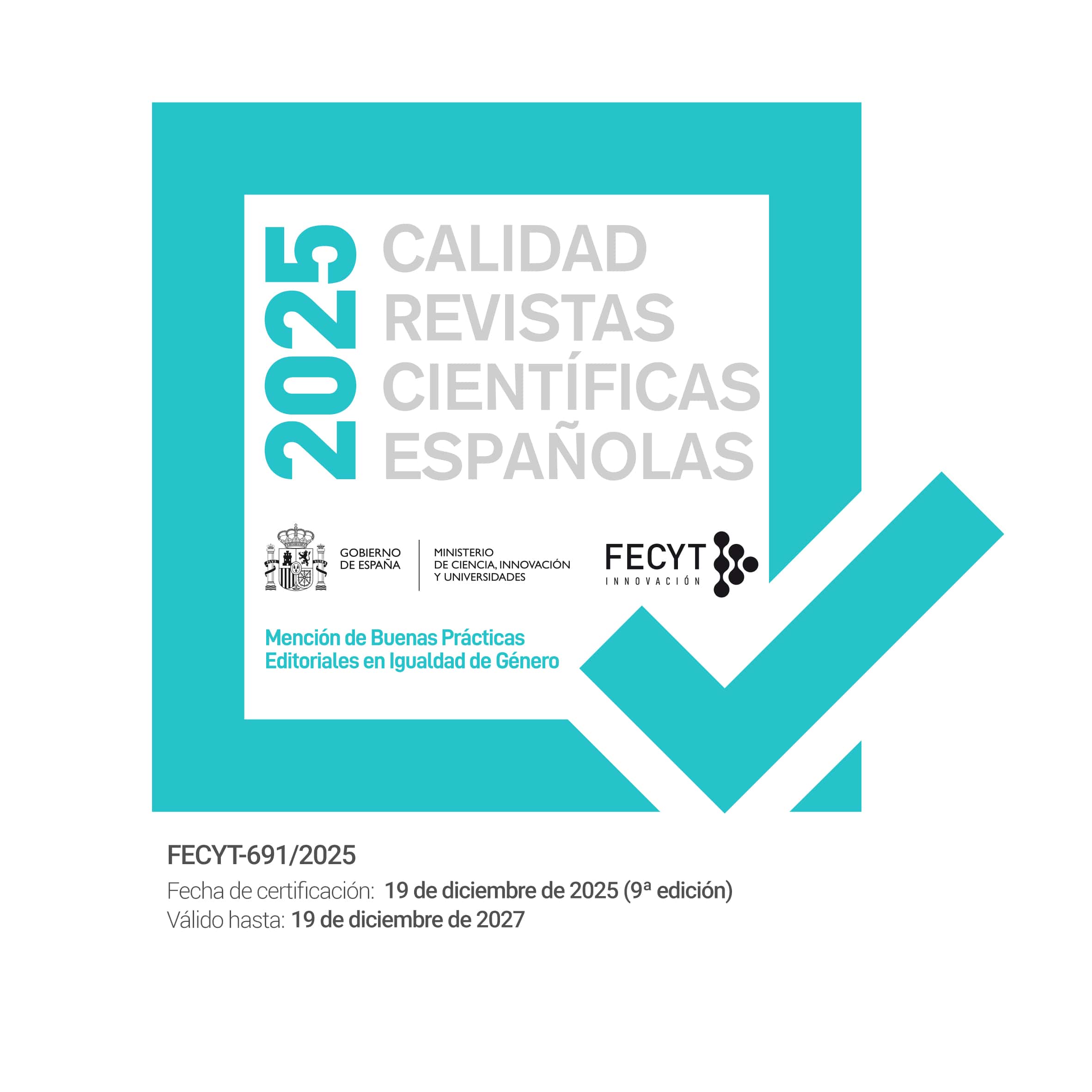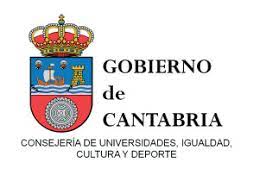Three unusual and innovative essays on the conquest of Mexico and Spanish Franciscanism
DOI:
https://doi.org/10.55422/bbmp.344Keywords:
Stefan Rinke, XVth century, Historiography, Religion, Conquest of America, Hernán Cortés, Francisco Pizarro, Stephanie Righetti-Templer, Vitus HuberAbstract
Due to the celebration of the fifth centenary of the arrival of Hernán Cortés to America, three essays were written in Germany: one about Ibero-American historiography, another on the role of the Franciscan priests in New Spain (Mexico) and the third on the conquest of America. On the one hand, Stefan Rinke's essay breaks down the commercial and other relationships that the indigenous established with the Spanish colonizers; it is based on the real biographies and autobiographies and focuses on the entire population and not just famous people. It compiles data on the epidemics, the massacres and the poor communication between the communities, which left their mark on written and pictorial accounts. The essay on Franciscanism, written by Stephanie Righetti-Templer, focuses on Fray Toribio de Benavente and his religious work in the New World, mentioning some of his works, testimonies of the reality lived in the fifteenth century. His legacy is analyzed by the author of the essay with great precision, analysis and scientific rigor, taking into account the ethnology, culture and history of the time and place. The third essay, by Vitus Huber, analyzes Cortés and Pizarro in the conquest of the New World. The outstanding aspect about this writing is that it deals with aspects that have been little developed up to now or perhaps considered secondary, and yet they shed more light on the history of America and its protagonists.
Downloads
Publication Facts
Reviewer profiles N/A
Author statements
Indexed in
- Academic society
- Sociedad Menéndez Pelayo
- Publisher
- Sociedad Menéndez Pelayo
Global Statistics ℹ️
|
263
Views
|
231
Downloads
|
|
494
Total
|
|
Downloads
Published
How to Cite
Issue
Section
License
Copyright (c) 2022 José Manuel López de Abiada

This work is licensed under a Creative Commons Attribution-NonCommercial 4.0 International License.








